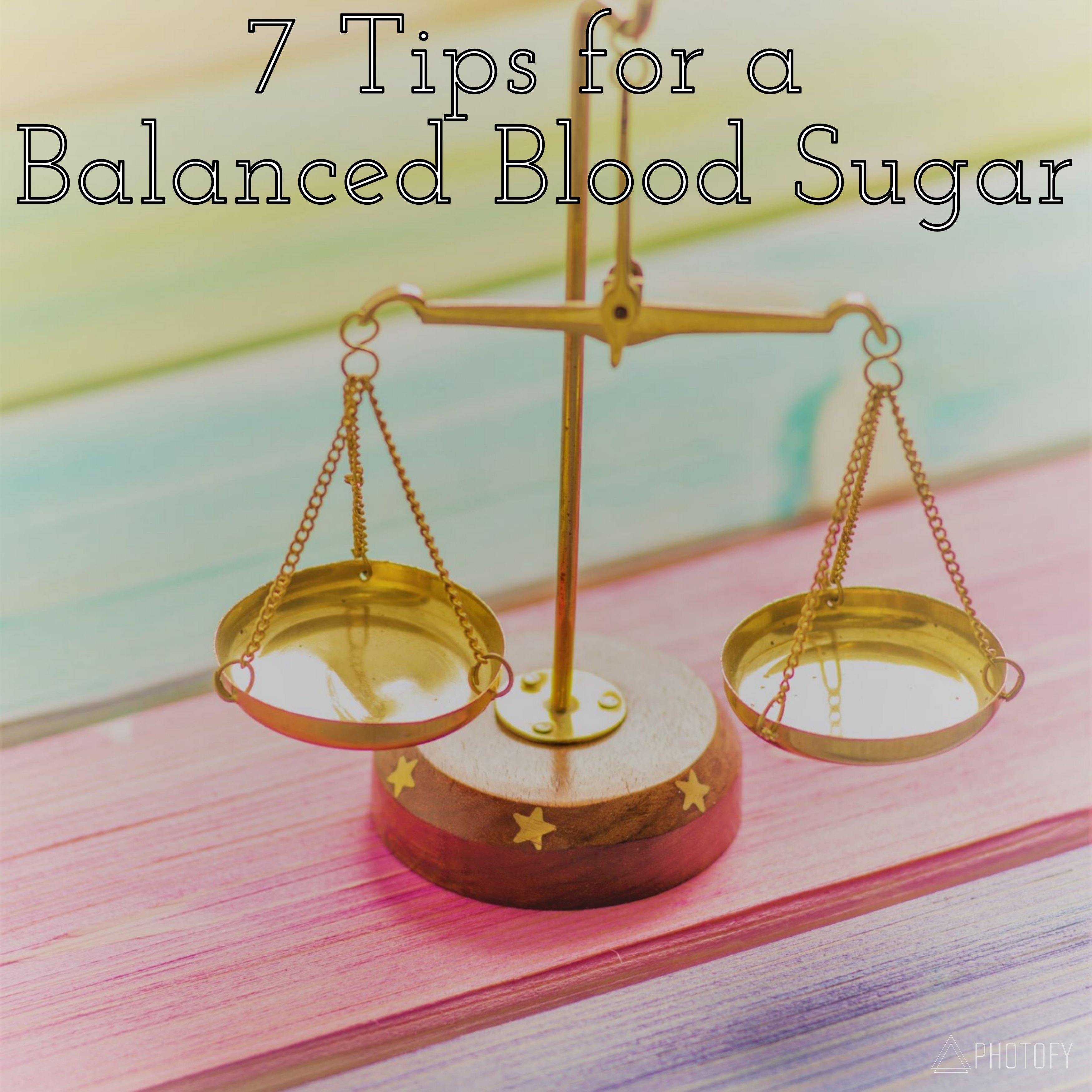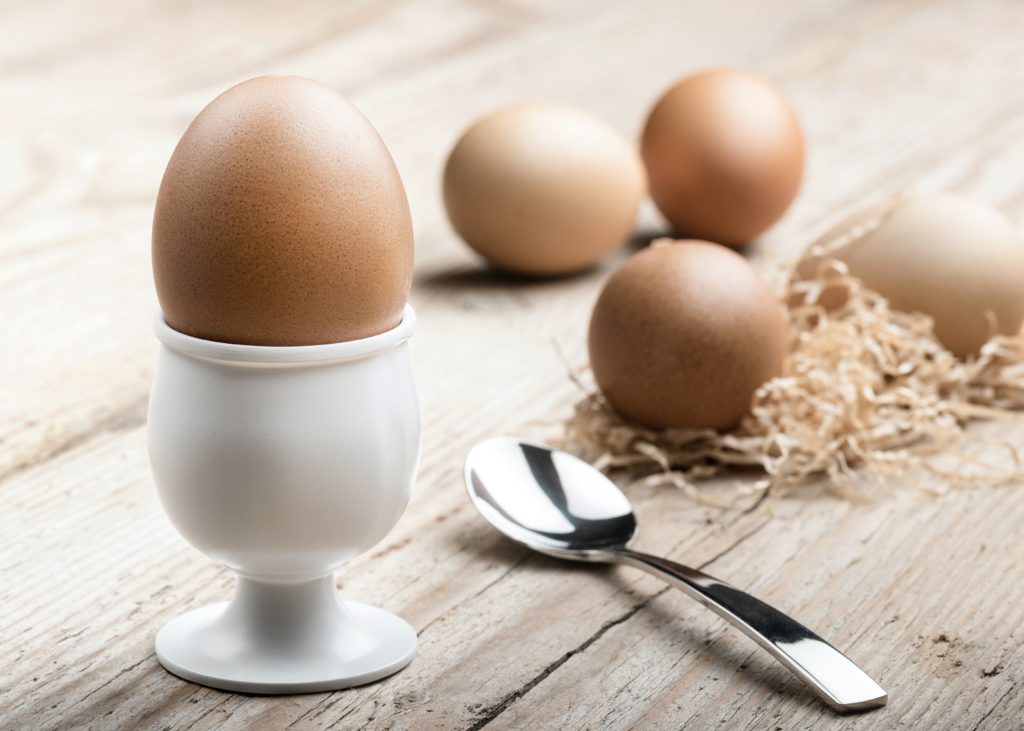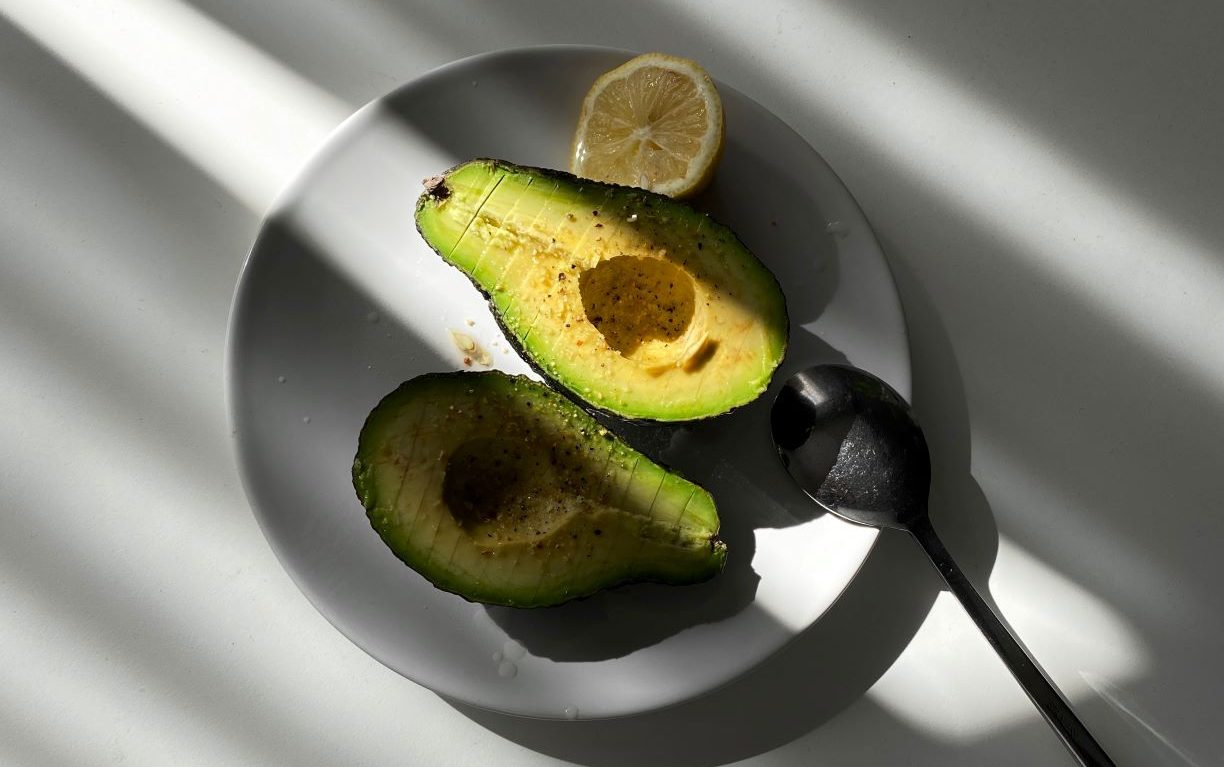-
Save
Balanced Blood Sugar: 7 Tips to Get You There
Why and How to Balance the Blood Sugar and Find More Energy!

-
Save
Why is maintaining a balanced blood sugar so important for your overall health?
There are a multitude of reasons such as more energy; better mental clarity; increase in mood; and a healthy weight. Also, many preventable diseases, such as diabetes, can be avoided by maintaining a balanced blood sugar.
Furthermore, by balancing your blood sugar you’re reducing the biological and chemical stress your body experiences, and this is a good thing! Let’s look a little deeper into the ways which you can balance your blood sugar, and the advantages that come from doing so.
So, here are 7 amazing tips to help balance your blood sugar!
1. Drink more water.

-
Save
Water is one of the bodys key nutrients and it makes up around 60% of the human body. It plays a key role in a number of tasks, which include: transporting nutrients through the body; flushing waste from organs like the kidneys; preventing muscle cramps; and helping to regulate the body temperature and metabolism, just to name a few. Staying hydrated helps to balance your blood sugar by decreasing cravings, increasing energy, and regulating your bodys metabolism, therefore being more efficient at utilizing food as fuel.
How much water is enough water?
The amount of water one needs will vary from person to person, and a few factors to keep in mind are body weight; time of year and/or climate (warmer climates tend to require a higher water intake); and activity level.
However, a good, general formula to go by is to drink half of your body weight in OUNCES. For example, a 200 lb person would want to aim for about 80-100 ounces of water per day. This isn’t always exact and each person will have different needs, but it’s a good guideline. Because this can be hard to determine, you can try this water calculator for a better idea of how much water you should be drinking.
2. Find your protein.

-
Save
Protein is an important macronutrient, and too much or too little can actually be counter-productive to your health. Too little can cause fatigue; a lack of focus; and even hair loss, among other things. Whereas, too much can cause constipation.
But how does it help with blood sugar?
One major way is that protein helps to slow digestion, and as a result, the absorption rate of carbohydrates decrease. This slower absorption of carbohydrates means that the absorption of sugar into the bloodstream is also decreased which allows the body to have time to metabolize the carbohydrates as fuel rather than storing them as fat and spiking the blood sugar.
Thankfully, there are many options when it comes to protein, therefore, being a vegan or a vegetarian isn’t an issue. When it comes to vegan or vegetarian options, it is important to be mindful to get a complete protein, meaning that the protein consumed contains all 20 of the amino acids needed to build protein in the body.
A prime example of this is a meal that contains beans and rice, as the two combined make a complete protein. In fact, any time you combine a whole grain with some type of legume, a complete protein is achieved.
Check out my post for more detail on the benefits and different types of protein.
3. Healthy fats.
Like protein, fat is an important macronutrient. The health benefits that the body gets from healthy fats are many.
- Fats helps the body to absorb the fat-soluble vitamins A, E, D, and K.
- Healthy fats help to regulate hormones, metabolism, and body temperature.
- Healthy fats cushion the organs and reduce inflammation in the body.
- Also like protein, fats take the body longer to break down than simple carbohydrates do. Therefore, the other foods eaten alongside healthy fats will take longer to break down and absorb into the bloodstream. As a result, there will not be such an intense impact on blood sugar levels.
One last thing to take away is that healthy fats are an important nutrient, whereas unhealthy fats can be counterproductive to your health.
4. Cut back on highly processed foods.
The fewer ingredients and additives you ingest from your food, the better. Oftentimes when a food is highly processed it contains ingredients such as hydrogenated fats and preservatives, and they can wreak havoc on blood sugar levels. Another ingredient found in high quantities in processed foods is salt. While salt is an essential electrolyte for the human body, too much of it can be detrimental to your health. A high salt intake can put extra stress on the kidneys; may increase blood pressure leading to hypertension; and ultimately lead to cardiovascular disease.
5. Consistent meal timing.
This means just what it says–that it’s important to try to eat meals around the same times each day, as often as possible. It may seem an odd aspect to keeping a balanced blood sugar, but eating too much, too little, or too sporadically can be taxing on the body and cause insulin (blood sugar) levels to drop or spike, which will ultimately affect all aspects of your health.
6. Get enough sleep.
This one used to be one of my biggest challenges! And depending on your own life circumstances, you may find this one challenging as well. No matter the circumstances, it is important to at least attempt to get an adequate amount of sleep for your body every night. Sleep is a time when the body repairs and rejuvenates. Sleep deprivation can have many negative consequences. A lack of sleep causes cortisol in the body to rise, which causes stress in the body. This can, in turn, cause things like weight gain; insulin resistance; high blood pressure; depression, etc.
7. Move your body.

-
Save
Exercise and movement don’t always have to mean the same thing. If you hate to exercise–that’s ok! The important thing is to get moving. Maybe it’s yoga; gardening; swimming; walking; or riding your bike. It could be anything as long as you’re moving your body.
Sugar resides in three main places in your body: In the bloodstream as glucose; in the liver and muscles as glycogen; and in fat cells for long-term storage. Movement requires the use of energy, and the body will first draw energy from the glucose stored in the bloodstream. If the body doesn’t quickly enough use glucose as energy and glucose levels spike, then insulin is required to help bring those levels back down. So, by keeping your body moving, you’re utilizing the glucose in the bloodstream as fuel, which helps to keep insulin levels down.
I know this is a lot to remember, but just keep in mind to do the best you can do for your body. Just be sure to listen to your body and do what genuinely feels good and makes you genuinely happy. This will undoubtedly bring you a more balanced blood sugar and good health!
If you’re interested in learning a bit more about different types of sugar and sugar alternatives, check out this article!
*disclaimer:
I am not a physician and this is not meant as medical advice. The information presented is information that I have learned and utilized in my own life, and these things have worked for me. Always listen to your body and know your limitations. If ever you experience adverse reactions or need medical advice, please seek professional medical advice.
Theme by The WP Club . Proudly powered by WordPress


